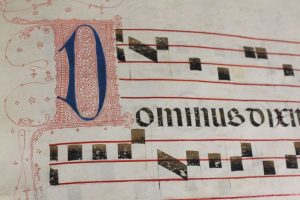by Angela Lee
“Neighborhood Matters” is an outreach and advocacy project hosted by Northeastern University Libraries’ Archives and Special Collections (ASC). This lunch time series aims at promoting diversity and inclusion by organizing a free public event; its goal includes …

